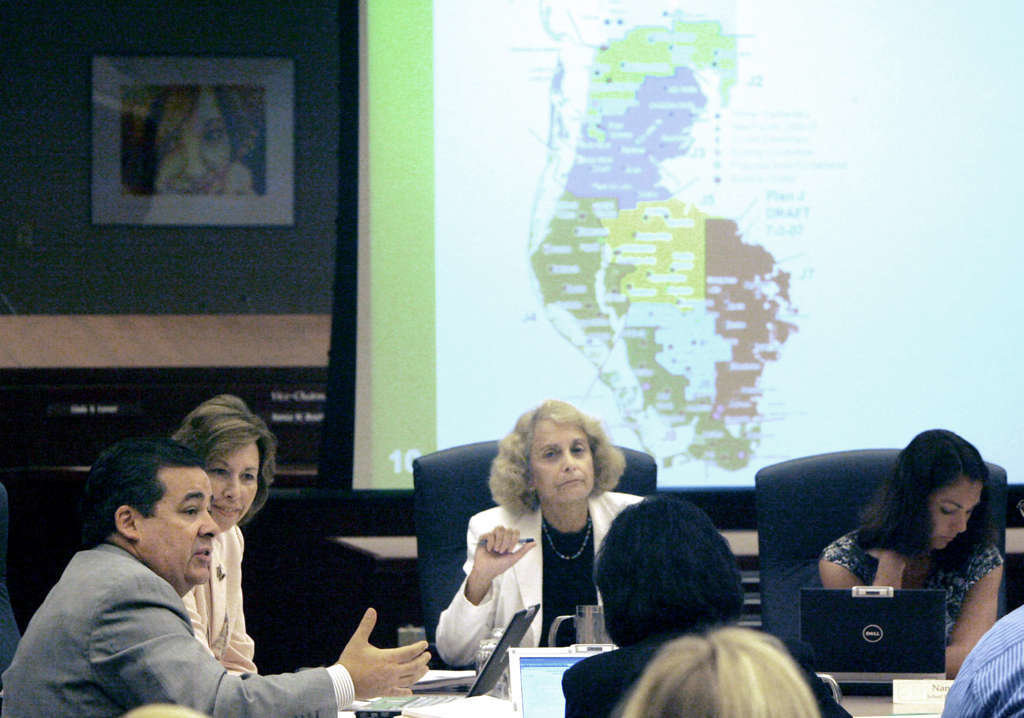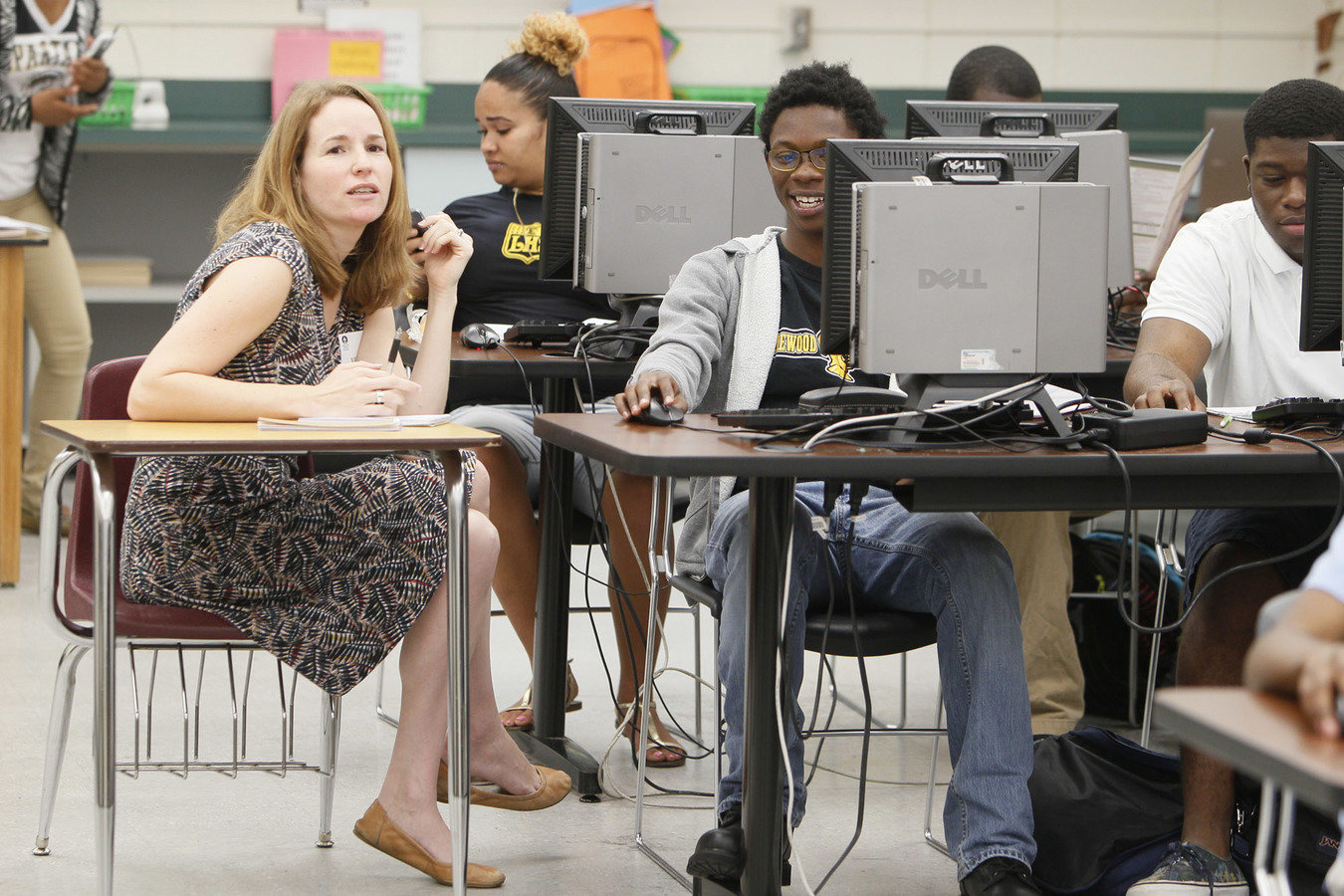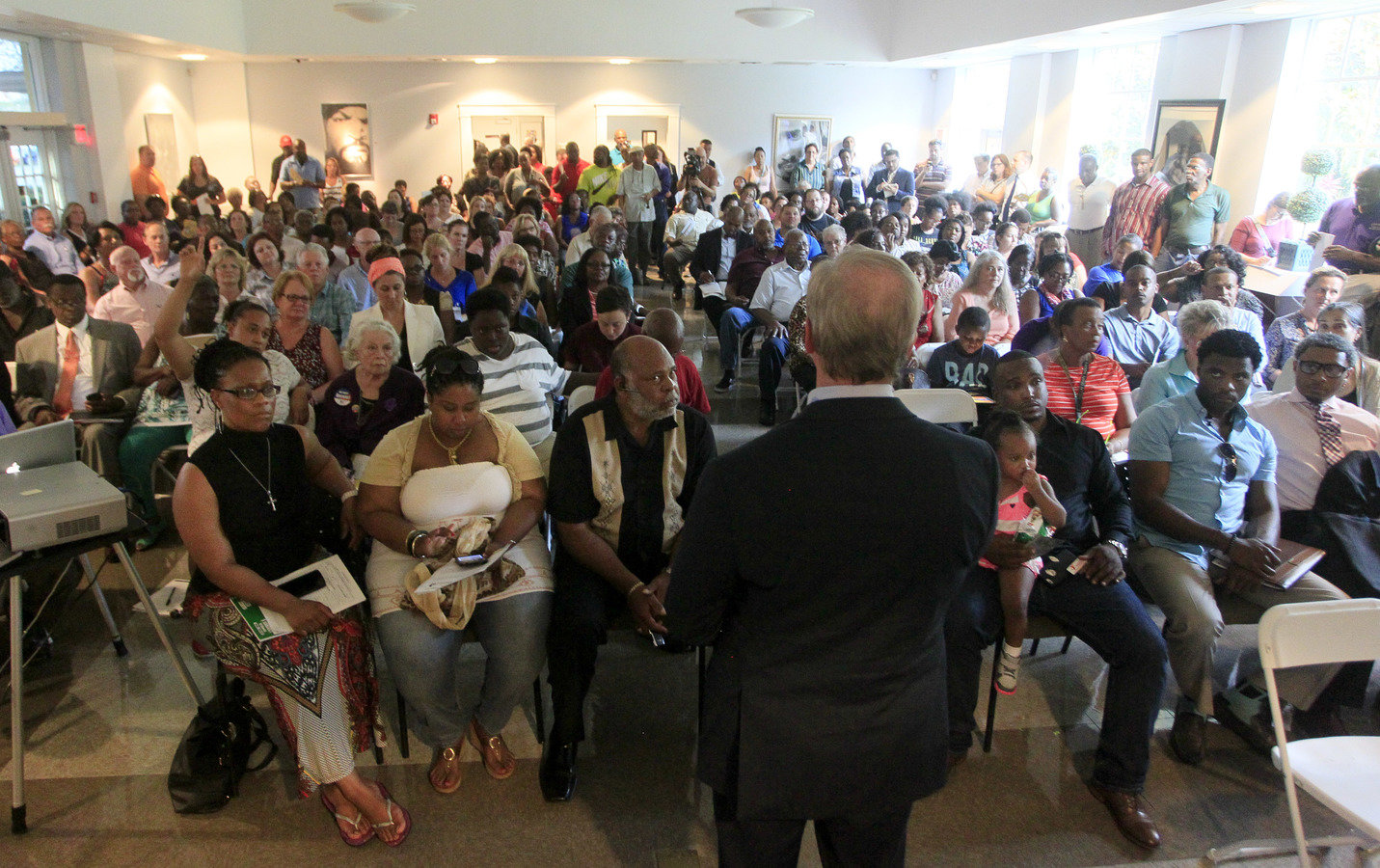make your own failure factories
Chris Davis
Deputy Managing Editor Data/Investigations
@TimesDavis
Michael LaForgia
Investigative Reporter
@laforgia_
where to find stories
Look around your communities. Which groups of people are being unfairly denied access to the basics?
Examples:
- Highway planning
- Public transportation
- Quality health care
-
Job loss/outsourcing
- Population loss/flight
-
Planning that emphasizes suburbs over cities
- Emergency services (ambulances; 911 response times)
- Infrastructure (water pipes)
- Law enforcement abuses
- Quality representation in court
"Conventional wisdom is the enemy of investigative reporting."
- Walt Bogdanich
honing your story idea
Remember: It has to be something serious, and specific.
It can't be:
"Black kids are doing worse in school than white kids."
It can be:
"The Pinellas County School Board made decisions that created the worst schools in Florida."
knowing when you have a story
Ideally, you can prove it numbers.
developing a hypothesis
Don't focus on the phenomenon.
Instead, focus on policy and practice.
Remember: What policymakers have not done over time
is as important as what they have done.
is as important as what they have done.
vetting your hypothesis
You'll need a basis for comparison.


embrace using data
Forget the term "data journalism."
These days, on most beats, data is the most authoritative source. If you're not regularly interviewing it, you're not doing your job as well as you could be.
using data to test your hypothesis
- Test conventional wisdom, like: "These black kids are failing because they're poor, and their parents aren't involved enough."
- Test assumptions, and explode popular myths.
- When the data bears out your hypothesis, your work as reporters is starting, not ending.
Trust, but verify
Be skeptical of the data; treat it like you would
any other source. Check it out by:
any other source. Check it out by:
- Going out and interviewing as many people as you can.
- Being scientific about how you interview them.
- Organizing the information in a way that makes it easy to review.
be nimble
Look for stories in the interviews
that you didn't think to search for in the data.
that you didn't think to search for in the data.
Return to the data with new hypotheses, and test them.
make it resonate
If you're not getting the point across by telling it in a traditional way, try telling it in a nontraditional way.
make your own failure factories
By mlaforgia
make your own failure factories
- 1,473










